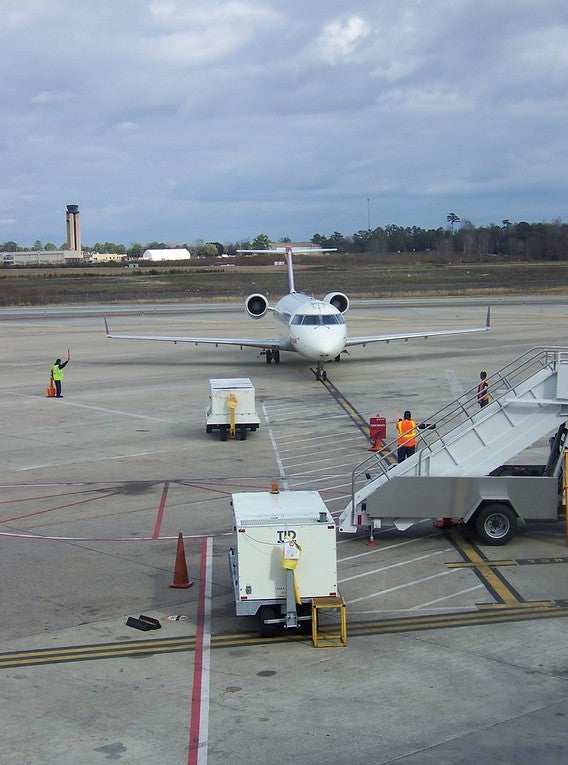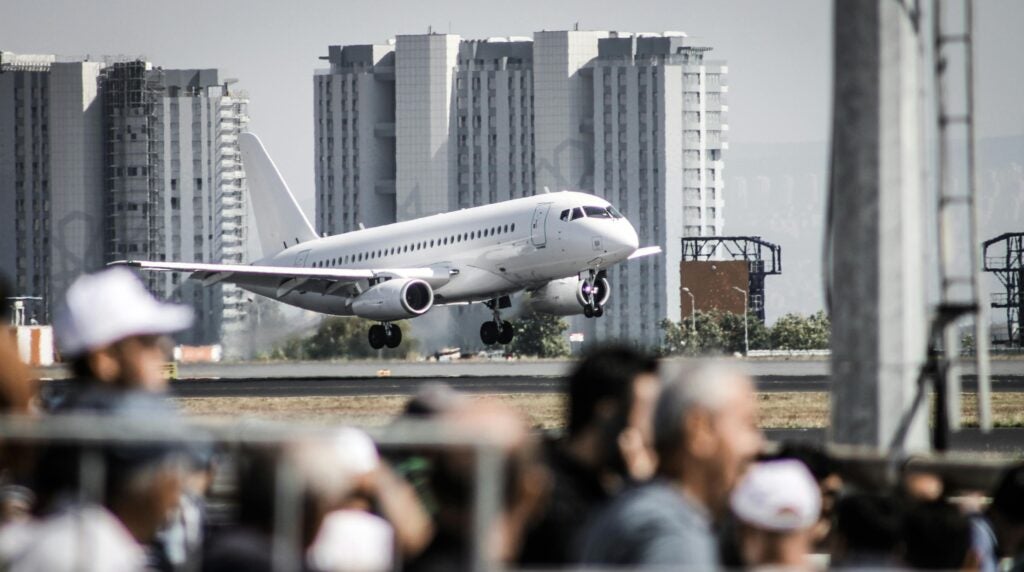Latest commitment from UN aviation agency holds promise for the future of sustainable aviation fuels
Last week, the third Conference on Aviation and Alternative Fuels, also known as CAAF/3, hosted by the International Civil Aviation Organization — the United Nations agency charged with international aviation cooperation — committed to a more sustainable future for global aviation by adopting the new ICAO Global Framework for Cleaner Fuels. This development builds on ICAO 2022 General Assembly’s adoption of net-zero carbon emissions by 2050.
Aircraft emissions are one of the largest sources of global climate pollution. If aviation was a country, its emissions would be the sixth largest in the world. Clean, low-carbon sustainable aviation fuels have the potential to produce up to 100% less greenhouse gas emissions than petroleum-based fuel on a lifecycle basis, and, if done right, mitigate harmful air pollution that disproportionately harms communities living near airports and frontline aviation workers. But delivering on these promises requires additional bold action and targeted regulations both at the country and ICAO level.
Latest commitment from UN aviation agency holds promise for the future of sustainable aviation fuels Share on XICAO’s new global framework for cleaner aviation fuels has the potential to:
- influence countries’ aviation and climate policies
- accelerate the production of SAF
- encourage the private investment necessary to bring these fuels to scale.
In the future, the new framework will hopefully set the basis for a binding regulatory agenda that delivers climate action at the global scale.
In the meantime, three main environmental outcomes are worth noting. The new global framework:
- Includes a 5% emissions reduction target by 2030 through the use of cleaner energy sources like SAF. While ICAO missed the opportunity to adopt a global quantified objective for cleaner fuels for 2050, by agreeing on an interim target it kickstarts an even more important outcome: a global trajectory for achieving a target of net-zero emissions by 2050.
- Ensures that the deployment of cleaner fuels will also deliver public health benefits. Guaranteeing that the aviation sector’s energy transition delivers public health benefits to communities living in the vicinity of airports and to aviation workers who are exposed to aircraft toxic pollution is crucial for the sustainable future of the industry. ICAO’s decision to include the need to reduce climate impacts and mitigate air pollution in the new framework is overdue hopeful news for overburdened communities.
- Contains crucial provisions to avoid double-counting of the emissions reductions derived from the use of cleaner energies. The delegates at CAAF/3 also recognized the importance of avoiding ‘double-counting’ of emissions reduction from the use of cleaner fuels, and agreed to pause the consideration of ‘book and claim’ accounting methods, sending ICAO a strong signal to strengthen existing reporting and accounting methodologies. Avoiding double counting is crucial for public confidence and a precondition to begin considering book and claim accounting methods. These methods could help foster the deployment of cleaner energies, but without a robust sustainability framework and provisions to prevent double counting, there remains a high risk of exacerbating climate change.
Countries must act now by leveraging the new Global Framework to reduce aviation’s climate impacts and air pollution. There is not time to lose













